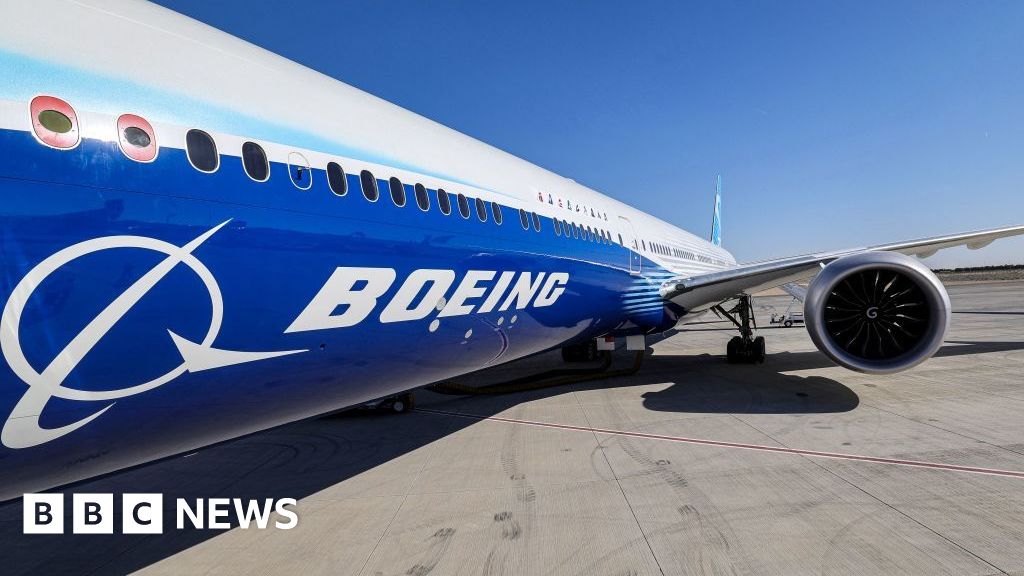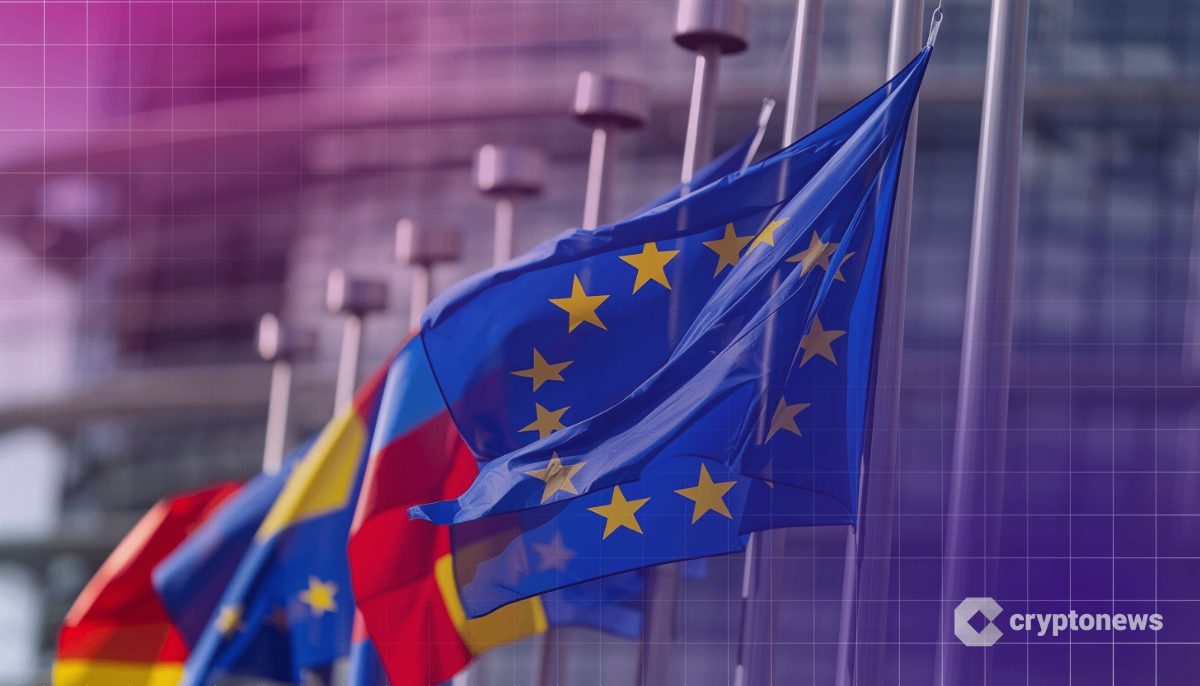The Illinois CPA Society has a question: Is the accounting profession damaging its own pipeline?
According to the ICPAS’s new
Twenty-five percent of respondents cited the workload time commitments to study for and pass the CPA exam as the leading barrier to achieving certification, followed by 18% who cited personal time commitments to study for the exam. Meanwhile, the additional 30 credit-hour requirement was not a top deterrent to respondents, contrary to popular opinion.
Only 7% of respondents cited academic time commitments to obtain the additional 30 credits as the most significant issue, placing it at No. 5 on their list of top-rank deterrents. And only 6% cited the overall cost of obtaining the additional credits, placing it at No. 9 on the list. When respondents selected deterrents at any ranking (meaning they could choose up to three options, not just their top issue), these issues fell to No. 10 and No. 11, overall.
“The easy answer isn’t always the right answer,” Geoff Brown, president and CEO of the ICPAS, told Accounting Today. “That’s why it was important for us to ask the audience that is either about to go through the process or is already in the process what their feelings are.”
Derrick Lilly
“Addressing pathways to licensure is going to continue to be a hot topic, but it’s not going to be the only thing that we focus on,” he said. “We have to address what’s happening while people are in the profession and the working conditions. We have to think about the value and the relevancy of the credential for them over the course of their careers, and tell a better story.”
This isn’t a revelation. Accounting students and young professionals also pointed to professional and personal time commitments to study for the exam as the greatest hurdle to licensure back in the ICPAS’s 2021 “Decoding the Pipeline” report. With this data, the new report suggests that the pipeline problem may not be the model or the requirements for CPA licensure, but rather the conditions that prospective CPAs are, or are expected to be, operating in.
“If you’re a firm leader, you have a real opportunity to think about this population of individuals that in the future you want and need to become licensed,” Brown said. “How do you create capacity for them to do so? Maybe it’s a limited work schedule, paid time off to study, leaves of absence, study cohorts within firms — really helping to create the conditions and supporting them throughout that journey.”
“We need to get out of our own way,” he continued. “We don’t need to tell the story about how hard it was to study for the exam or how much you worked, but talk about how disciplined you need to be. What are the resources that you’re going to provide to your people that are in the process to help them navigate that journey?”
On the bright side, the report also revealed that perceptions of the CPA credential are largely positive. The majority agree that CPA licensure builds credibility with the people CPAs serve (84%), opens doors with employers (83%), provides job security and stability (77%), provides higher earning potential (76%), provides valuable and transferable skills (74%), and builds credibility with coworkers and peers (72%). Meanwhile, only 1% of respondents said it wasn’t valuable in the marketplace and 3% said it wasn’t valuable to their careers.
“The next generation has a pretty positive perception of the CPA credential. That means we have a solid foundation to build from as we’re thinking about addressing some of the issues on the horizon,” Brown said. “The opportunity we have is to think about how we make our report and the findings fit within the broader context of the discussion around our pipeline challenges.”
Credit: Source link











